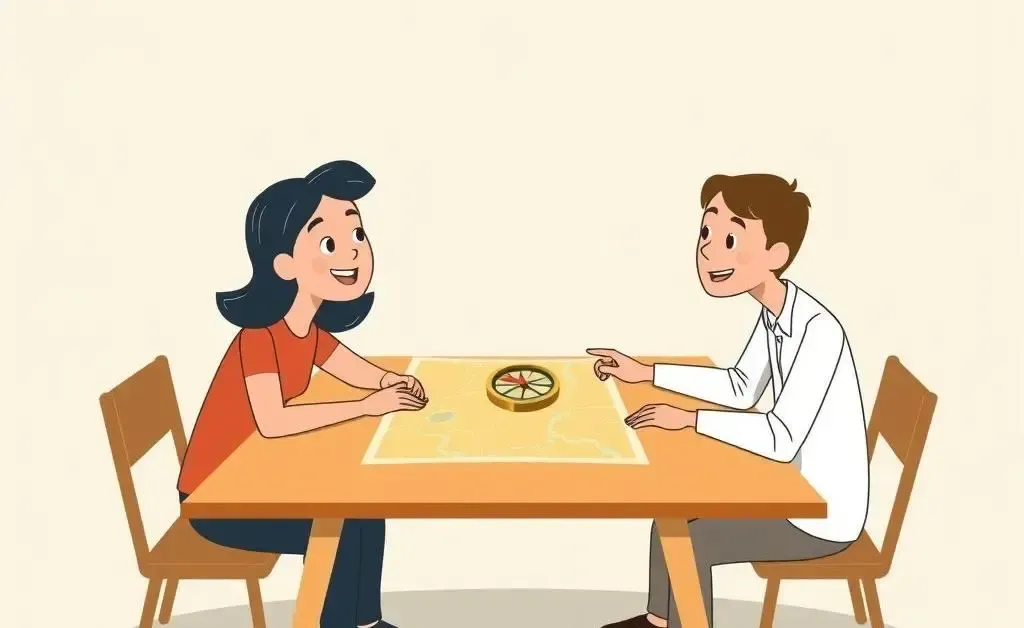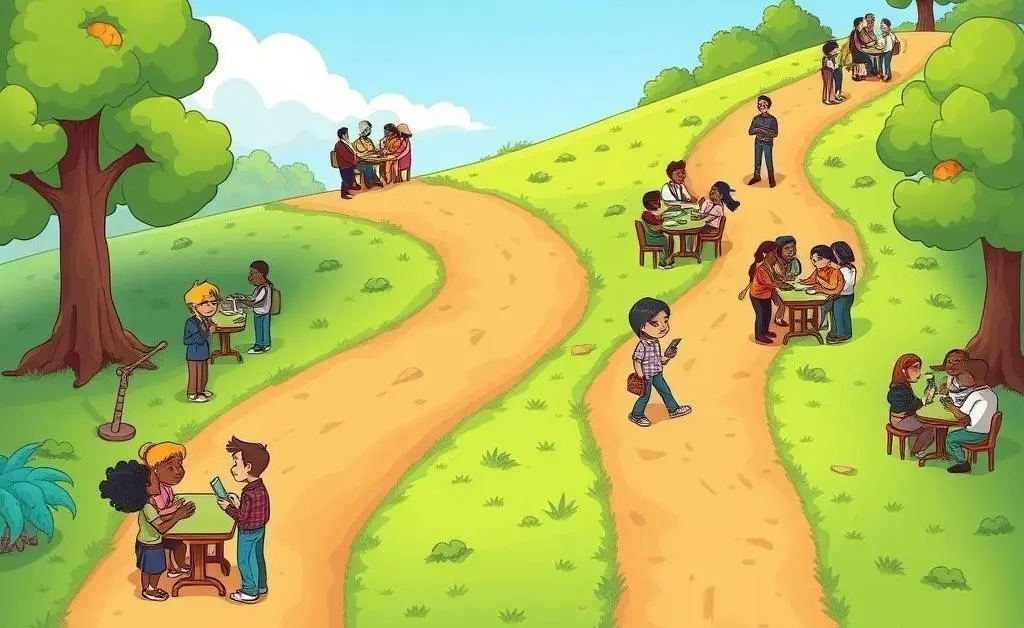Navigating Disagreements: Finding Common Ground in Conversations
Discover ways to handle disagreements thoughtfully and find common ground.

We've all been there — an animated discussion with a friend or colleague starts to hit a few bumps, and before long, it feels less like a chat and more like a debate. Finding common ground in conversations, especially when disagreements arise, can be challenging yet rewarding.
Why Disagreements Can Be Beneficial
First, it's essential to recognize that disagreements, in their barest form, are not inherently negative. They can be a springboard for growth, innovation, and understanding. They challenge us to step outside our echo chambers and see new perspectives.

Approaching Disagreements with Openness
Openness is the key. Imagine setting the stage for a conversation with an intent to understand, rather than to win. This subtle shift can transform the dynamics entirely. Picture it like holding a cup of tea — warm, inviting, signaling the intent to create a peaceful space rather than a battleground.

Practical Steps to Find Common Ground
- Listen Actively: Give your full attention, nod, and show empathy. Reflecting on what the other person says can genuinely create a circle of trust.
- Seek to Understand, Then to Be Understood: Before formulating a response, ensure you've fully understood their point of view. Parroting back what someone has said can reinforce their feelings of being heard.
- Focus on Interests, Not Positions: Think of a disagreement as an iceberg — often, the stated position is just the tip, and the underlying interests, needs, or values lie beneath the surface.

A Path Forward
Realistically, not every conflict will end in perfect harmony, but even small victories of mutual understanding can be incredibly significant. For instance, finding a shared value or a similar goal can serve as a 'bridge' in the conversation, helping to mend divides.
Embracing Growth
In the end, each conversation is a journey. Each interaction is an opportunity to foster connections and build a more empathic world. By approaching disagreements with warmth and patience, we create an environment welcoming to growth, change, and understanding.




